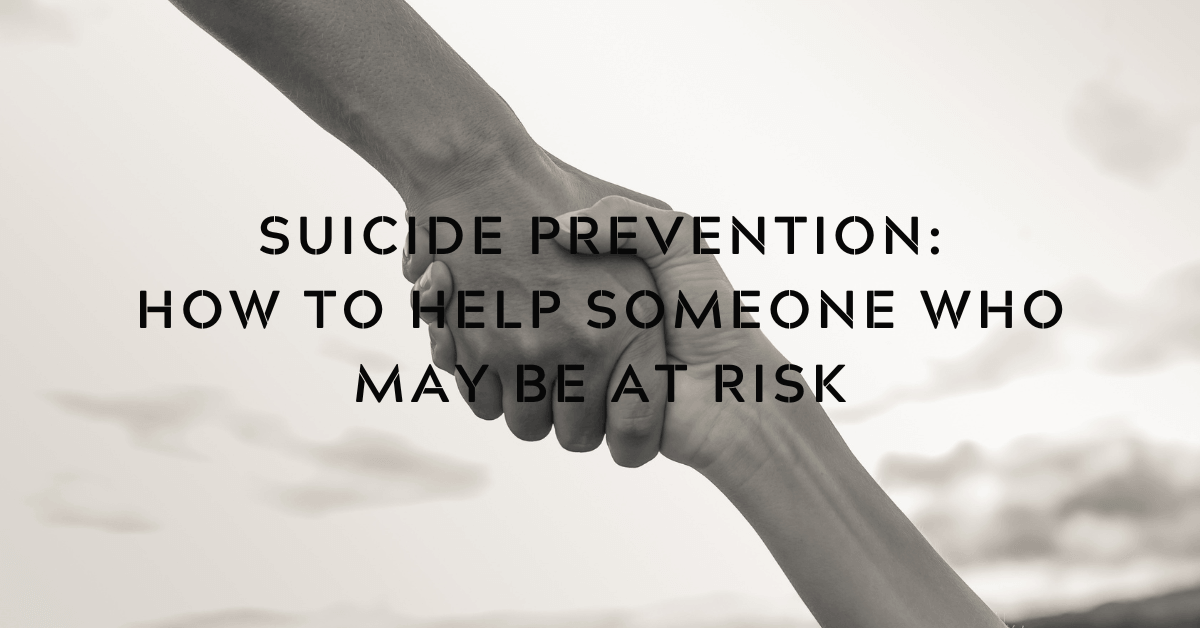Anyone with a friend or loved one deployed overseas knows the incredible feeling that comes with hearing they’re finally coming home. It’s a combination of joy that we will finally get to see them again and the relief of knowing they’ll finally be out of harm’s way. But the reality is a far greater threat awaits many Veterans on their return than during their deployment.
A recent study by a team at Brown University calculates that over 7,000 US Service Members were killed during post-9/11 military operations. That number is already impossible to fully grasp, yet nearly four times as many Veterans of those deployments (over 30,000) have committed suicide as of June 2021. To put the numbers in perspective, that’s nearly the amount of US soldiers who died in combat during the Korean War.
The scope of this crisis emphasizes the severity of physical and mental health problems are Veterans face when returning home. These include PTSD, Chronic Pain, Traumatic Brain Injuries, and in many cases, a combination of the three. It’s more important than ever to continue supporting Veterans’ mental and physical health resources, like our programs at Lone Survivor Foundation. But we also need to prepare friends and family to take action towards suicide prevention. Today, we’re going to talk about how you can get involved.
Know the Facts
If the scope of this problem shocked you, you’re not alone. One of the biggest challenges currently facing Veteran mental health is the lack of awareness. The National Alliance on Mental Illness has excellent resources if you want to dive deeper, but here are some of the most critical facts every American should know:
- Over the last three years, the rate of Veteran suicides has fluctuated from 17 to 21 per day
- The Veteran suicide rate is 1.5 times higher than the civilian population
- Although women attempt suicide at higher rates than men, 78% of all deaths are men
- Veterans who abuse drugs or alcohol to self-medicate are twice as likely to attempt
- Experts believe that increased exposure to guerilla tactics like IEDs and higher rates of Traumatic Brain Injuries in post-9/11 Veterans may be partially responsible.
Like any complex problem, understanding the context of the situation and staying up to date on the latest expert findings can help us solve it.
Stay Connected
It may seem inconsequential to you, but research shows it works. If you’re worried about a Veteran in your life, just talk to them. Ask them how they’re doing, and be ready to listen. According to the Suicide Prevention Lifeline, many people battling suicidal thoughts report feeling relieved just by talking about it with someone. Many people hesitate to express direct concern or use the word “suicide” in the conversation because they fear unintentionally encourage the idea. However, experts say that’s not the case. Letting a friend or family member know it’s safe to say what’s really going on in their mind can help them work through the thoughts and reduce ideation. Just make sure if you want to ask that you do it in a way and setting that won’t make it feel like an “intervention.”
Listen With Empathy
We’ve covered this skill more extensively in a previous blog post, but here’s what you need to know when it comes to suicide prevention. Especially in the Veteran community, many people don’t feel comfortable talking about suicidal thoughts. They’re afraid of being judged or viewed as “weak” by the person they confide in. This can create a downward spiral where the more severe their ideations become, the less comfortable they feel telling someone. The only way to break this cycle is to let that person know they can tell you anything without fear of judgment or being viewed differently afterward. That means validating the emotions they share with you and asking questions to understand better, rather than giving “quick-fix” advice.
As part of asking your friend or family member if they’re alright, make it very clear it’s safe for them to tell you anything. Simply creating a space where they can verbalize everything on their mind can provide tremendous relief and a sense of hope.
Get Them Involved
All of the physical and mental health challenges most Veterans to deal with come with a tendency towards self-isolation. Their brain will try and convince them that either they are too much of a burden for other people to be around or that people secretly dislike them. If you have not battled chronic pain or mental health issues before, these may sound like thoughts you could simply rationalize away, but that can be almost impossible to do. And the worst part is, this self-exile can significantly increase symptoms of depression, including suicidal thoughts.
So how can you help a friend or family member battle those negative voices? Go out of your way to let them know you want them around! Make it a point to invite them to your next movie night or cookout explicitly. When they have the energy to spend time with you, let them know you’re glad they came. And don’t do it sarcastically (“look who finally decided to show up!”); those negative voices can convince even highly self-aware people that you meant those comments passive-aggressively.
In other words, be authentic and vocal about how much you enjoy their company. If they are truly a part of your life, you’ll have plenty of opportunities to do so without making it feel out of left field or awkward.
Normalize the Conversation
We can’t downplay the trauma our Veterans have experienced and the vast need for mental and physical health resources in our country, but a significant factor in our current suicide epidemic is that no one talks about it. That means, when someone tries to bring it up, it feels uncomfortable, and we don’t know what to say. Last year alone, nearly 1 in 10 Americans considered suicide. That’s more than people who watch baseball. After everything our Veterans have sacrificed for us, the least we can do is let them know that they are loved, and we are listening.






